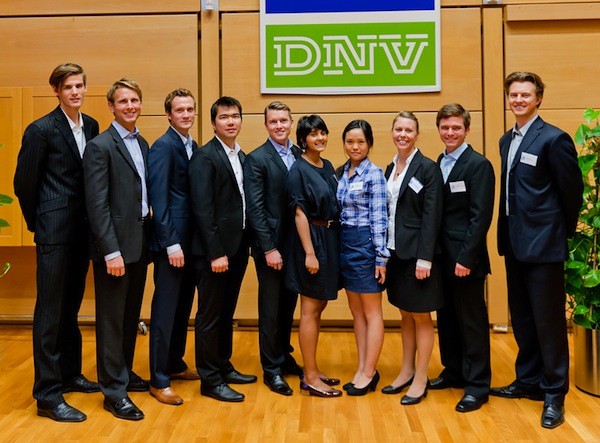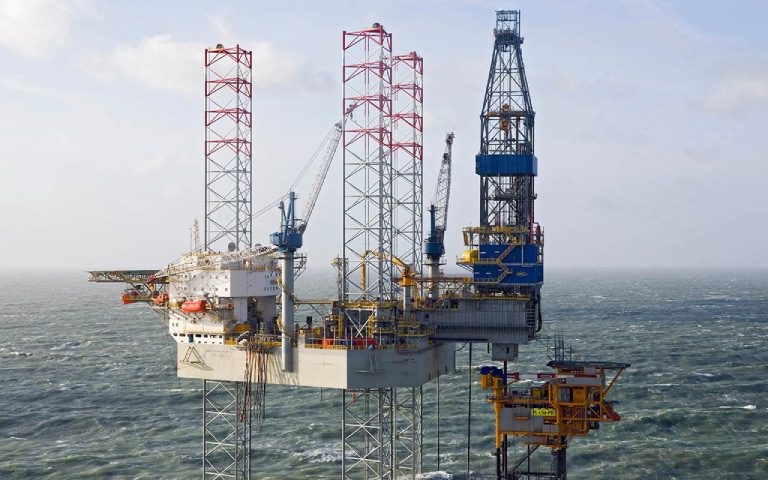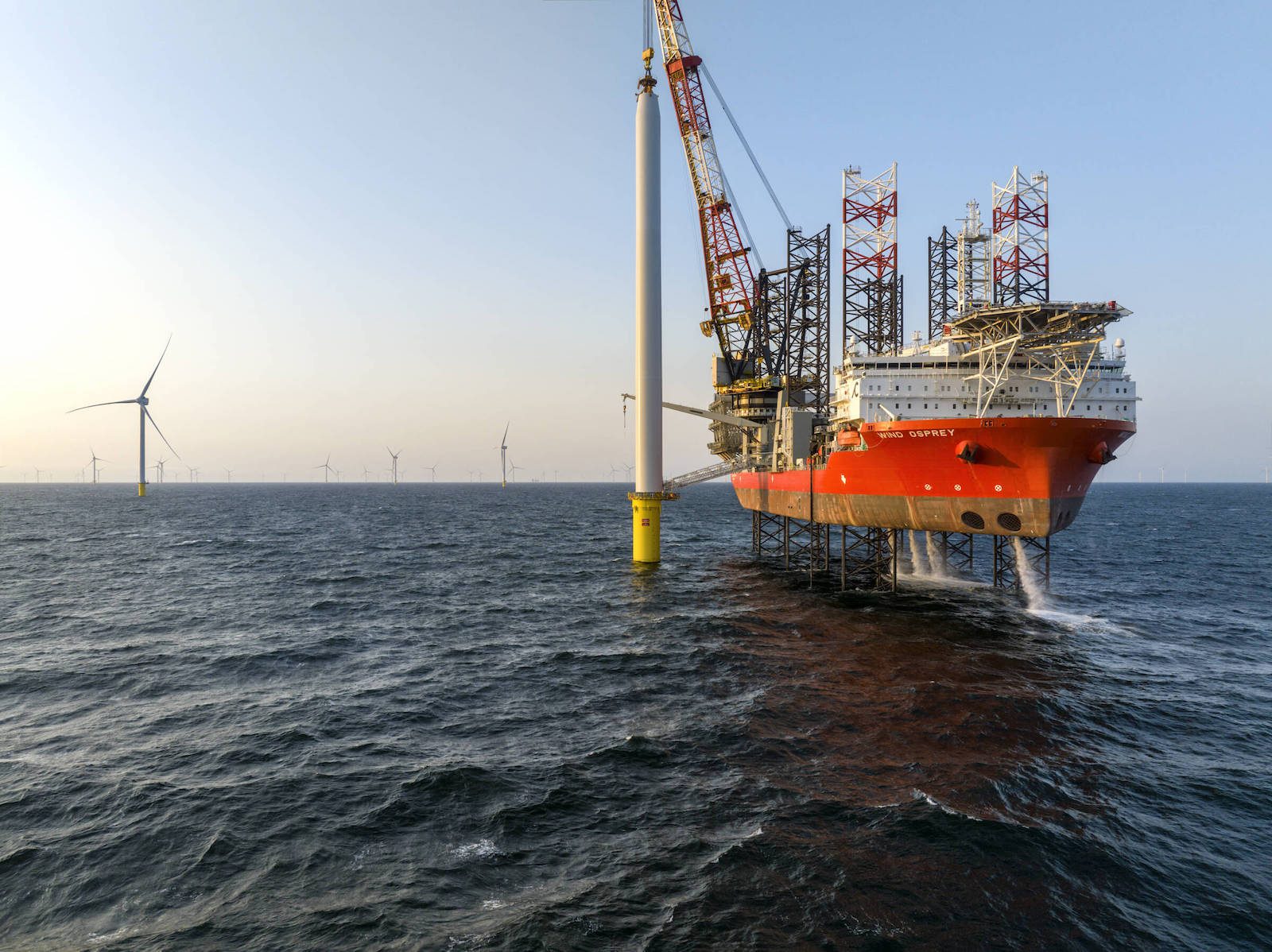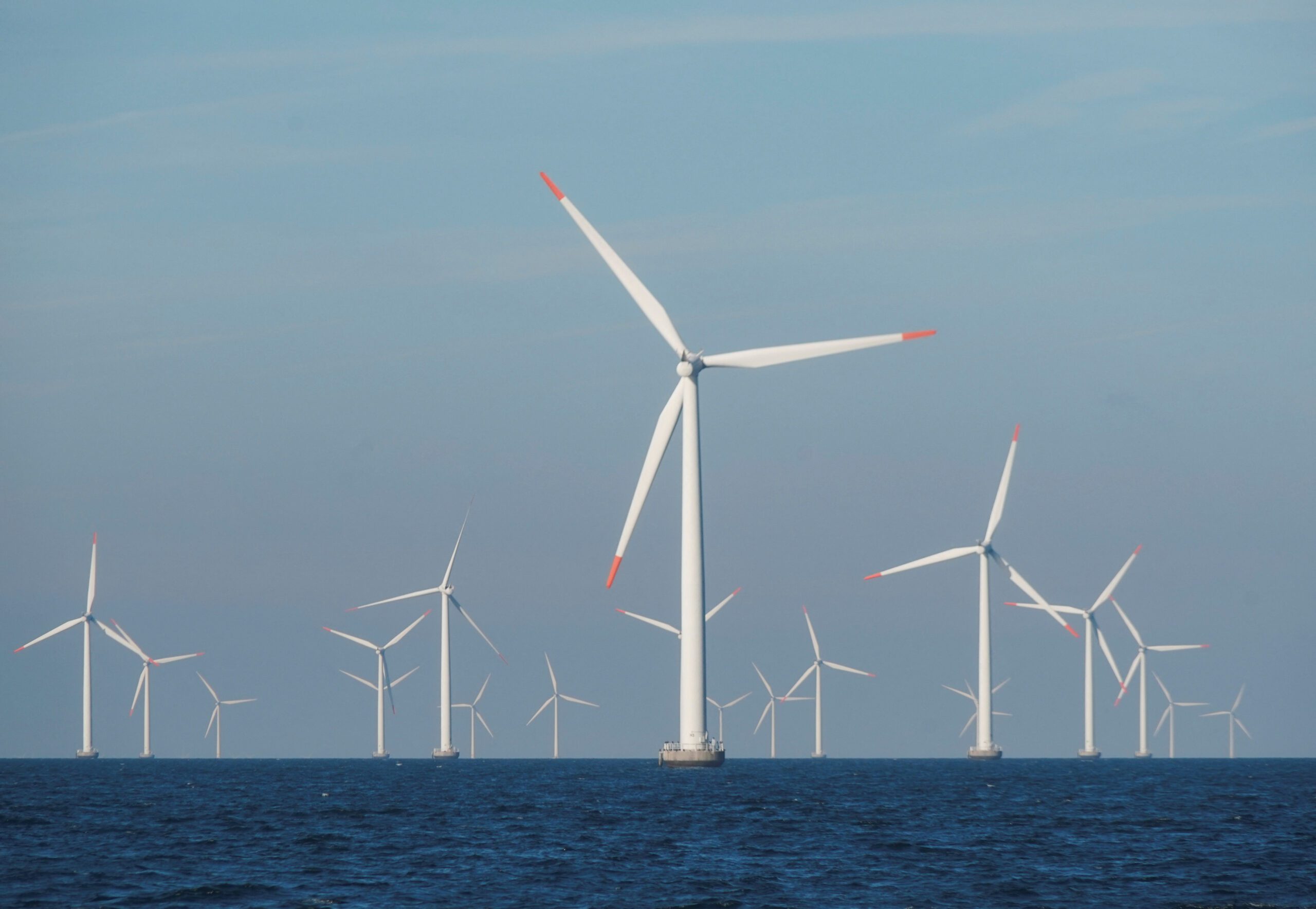
Today DNV’s summer students presented the results of seven weeks of intense and targeted work with a concept for year-round drilling and exploration offshore north-east Greenland. More than anything their work unfolded a massive need for new technologies, improved standards and increased arctic research. But that’s not all; the students predict that drilling in the Arctic could be up to four times as expensive as drilling in the North Sea.
DNV’s summer project is an annual program organised during the summer months for students in their final year of a master’s degree program. This year, ten students with varied cultural and academic backgrounds have been working intensely for seven weeks with the project Drilling in the Arctic. The focus has been on developing a comprehensive concept for drilling in the complex, rough and challenging conditions that are prevalent around the north-east coast of Greenland. One of the premises for the project was that the risk associated with drilling in this part of the Arctic should be similar to the risk of drilling in the North Sea.
“We know that the world needs more energy. And we know that much of this energy is located in unfriendly areas of the world. These are complex issues that the world’s leading scientists, researchers and engineers spend considerable time and resources on. I am therefore impressed by what these ten students have been able to process and produce throughout seven short summer weeks. And even though their calculations show that the costs associated with drilling in the Arctic could be substantially higher when compared to drilling costs in the North Sea – their concept also clearly demonstrates that it is possible to engage in safe and sustainable drilling in these areas of the earth in the future,” says CEO Henrik O. Madsen
Allu – a realistic concept
Research shows that about 22 – 25% of the world’s undiscovered petroleum resources are located in the Arctic. However, there are many complex challenges related to drilling in this region. Not least due to factors such as a harsh climate, geography, costs and geopolitics. Thus, in order to extract the resources from deep below the sea bed we need to develop and deploy new methods and technologies.
In their concept, named Allu after the Greenlandic words for “hole in the ice”, the students present a realistic blue print for how stakeholders can engage in exploration and drilling in the Arctic on a year-round basis, with a risk level similar to that in the North Sea. Among other things the students suggest how stakeholders can proceed to develop new methods and technological solutions as well as how the same stakeholders can adapt existing standards, technologies, communication equipment and vessels to the prevailing circumstances.
More expensive
In a comparative analysis the students have found that the estimated total cost per day of Allu against traditional North Sea solutions is four times higher. However the students emphasize that in the future, factors such as economies of scale and innovations in technology have the potential to reduce these costs. In combination with accurate data on actual arctic field sizes this will provide a better decision foundation for whether or not to engage in Arctic drilling operations.
In the end, more than anything, the student’s work unfolded a massive need for further Arctic research, new technologies and improved standards.
Source: DNV

 Join The Club
Join The Club












